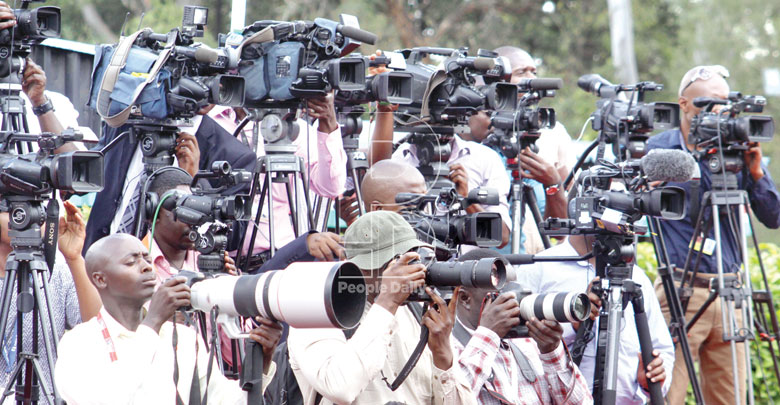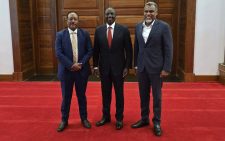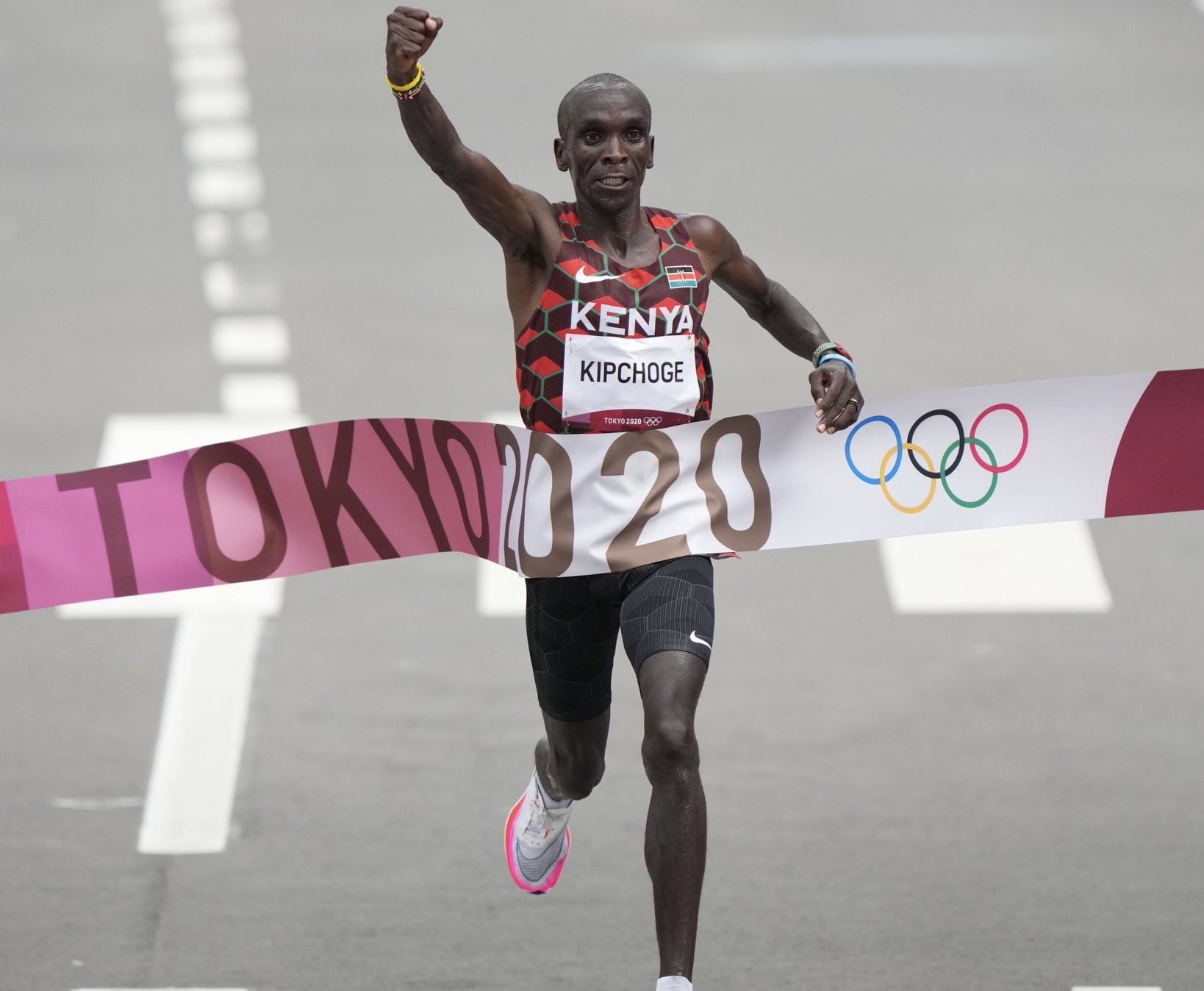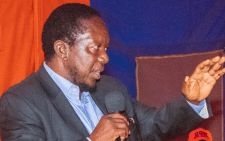Soft-censorship preferred tool to suppress media, says study

A rights lobby has raised the red flag over the rate at which soft-censorship is increasingly replacing suppression to interfere with the independence of the media in Kenya. The soft-censorship preferred tool to suppress media, says the study
A study by Article 19 shows the government and some corporate advertisers offer lucrative advertisements to influence coverage.
The lobby group says although subtle and generally unrecognised, soft media suppression has been gaining traction in Kenya since the election of the Jubilee party to the government in 2013.
“Physical violence is the most known form of violence against journalists and media houses around the world, but a less noticeable attack that includes paying off journalists to tell the story that advertisers want to be told is increasingly being used to constrain the free media,” reads the report in parts.
Editorial content
The report released on Friday says the censorship is compounded by the fact that local print and electronic media thrive on advertisements, especially those that enjoy solid circulation and little competition.
“Media owners are thus beholden to the big advertisers including the State, to suppress and quietly control editorial content,” the report says.
Article 19 Eastern Africa Senior Programme officer Sandra Waswa said the pressure for profits growth by media owners, coupled with demand for favourable coverage by main advertisers, continue to impact negatively on journalistic freedom in Kenya.
Public goodwill
She said the situation is worsened by narrow media ownership structures and the direct or indirect dependence on political patronage.
“Financially-induced self-censorship targets the heart of the media, compromising the sustainability of independent media organisations and journalists, in a manner that discourages joint action amongst competing media outlets or solidarity groups,” said Waswa. “Negative political rhetoric by high-level state officials and political leaders have also robbed the media of public goodwill and trust,” she added.
The report indicates that the establishment of Government Advertising Agency (GAA) in 2015 and the launch of MyGov publication in 2017 to consolidate procurement and payment functions of all government ministries, departments and agencies only worked to reinforce soft-censorship.
Soft-censorship is an insidious and effective new form of threat to press freedom precisely because it’s subtle and often covert to the public and sometimes to media players.
A 2019 study published in a website known as ‘Reporters Without Borders’ showed Kenya has dropped four places in the World Press Freedom Index.
Kenya was ranked position 100 out of 179 countries with a score of 32.44. Last year, the country was at position 96, out of 180 with a score of 30.82.








